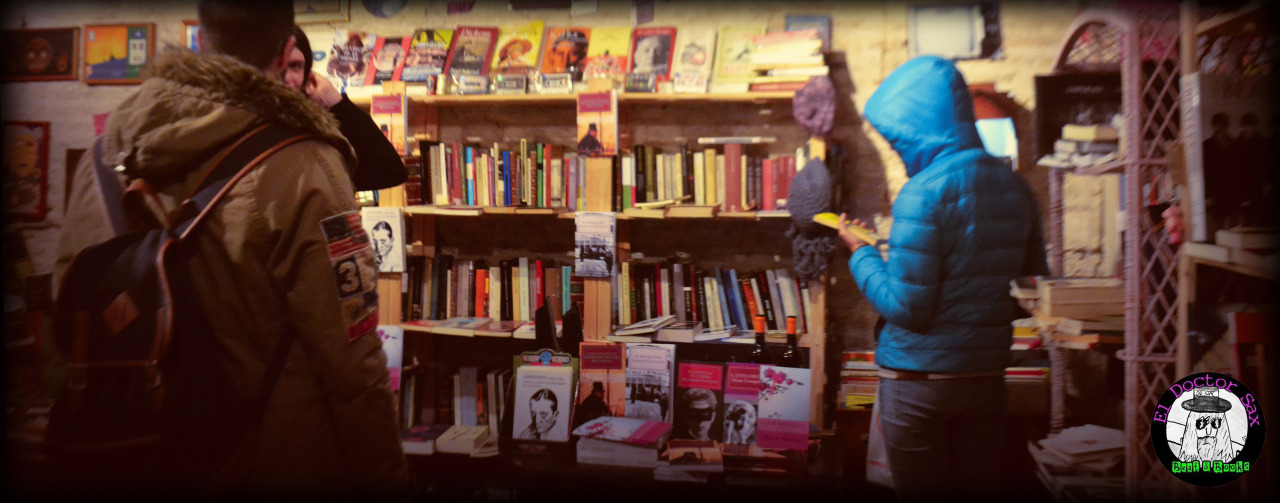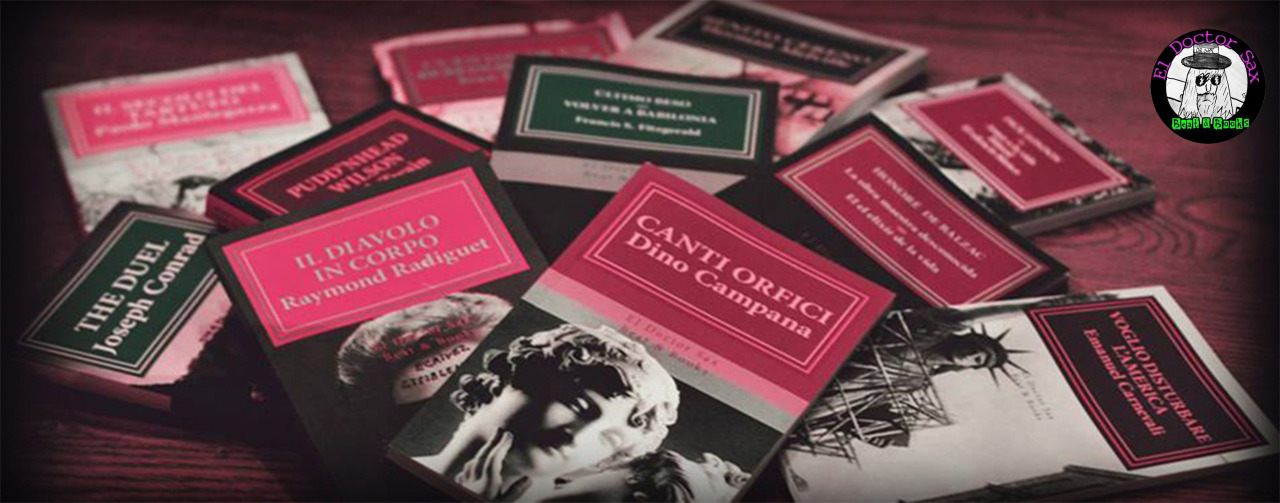New York è piena di cimici. L'America è spietata con i miserabili. Nella città più giovane del mondo Emanuel cerca lavoro, e quando non cerca lavoro, cerca da mangiare. Ha sempre fame fame fame. Raccoglie da terra tozzi di pane e cicche di sigarette e non è la cosa più abietta a cui si sia abbassato.
Emanuel non è un servo, e per dimostrarlo a se stesso e al mondo scrive. Scrive poesie. Sente in cuor suo di essere un grande poeta. Ma proprio quando finalmente la sua opera è riconosciuta da quei «grandi» presso i quali ha cercato consenso per l'intera vita, si ammala pesantemente come se ubbidisse alle sue stesse parole: «non ho mai voluto essere ricco né tantomeno sfuggire alla povertà, e questo ha generato una gran confusione»
Leggete "il primo Dio" e leggete "Transmission (El Doctor Sax 2021)" entrambi, Carnevali e Ian Curtis, sono incapaci di sfuggire al contenitore che li contiene. Entrambi emettono, e ferocemente si estinguono incapaci di riconoscersi nello stare bene e nel successo.




















